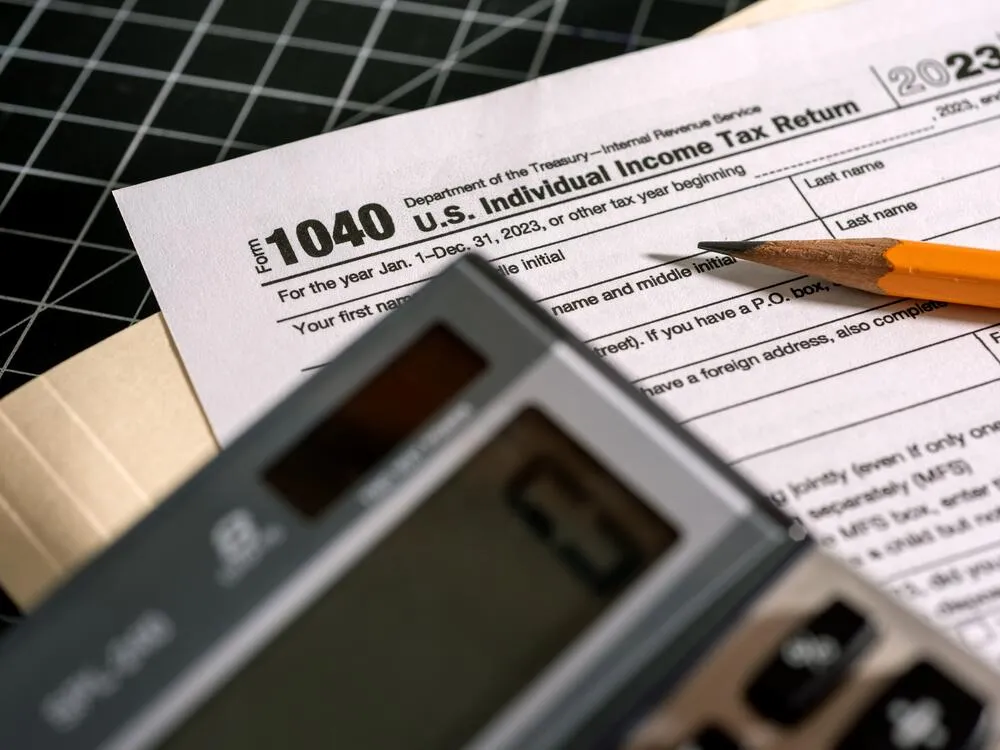IRS Extends Tax Filing Deadline for Select States
The Internal Revenue Service (IRS) has made significant adjustments to the tax filing deadlines for taxpayers in various states. This extension underscores the IRS’s recognition of the unique circumstances that arise in different areas, particularly those that may have been affected by natural disasters or other significant hardships. As the April 15 tax deadline approaches, it’s essential for taxpayers in specific states to understand their options and how to navigate this year’s tax season effectively.
Understanding the Extended Deadline
For many taxpayers across the United States, April 15 is the unofficial ‘tax day.’ It’s the deadline for individual taxpayers to file their income tax returns and submit any tax payments due. However, the IRS has provided relief for certain states, allowing residents an extended period to file their taxes. This year, the extension applies primarily to areas that have experienced adverse events that hindered the normal filing process, providing a necessary lifeline to those affected.
States Eligible for Deadline Extensions
The list of states granted relief this year includes:
- California
- Nevada
- Alabama
- Arkansas
- Florida
- Georgia
- Hawaii
- Louisiana
- Mississippi
Residents of these states have been granted an extended deadline to file their federal taxes and can rest assured that they have a little more time to organize their financial documents and tax submissions.
How to Request an Extension
If you are a taxpayer and find yourself needing more time to prepare your tax return, the IRS allows you to request an extension. It’s a simple process that can safeguard you against potential late filing penalties.
Here’s how you can request an extension:
- Fill out Form 4868: This is the application for automatic extension of time to file U.S. individual income tax returns. You can do it electronically through tax software or by using a paper form.
- Pay any taxes owed: To avoid penalties, you must pay any anticipated taxes due, even if you are granted an extension. The extension gives you extra time to file but does not extend the time to pay your tax bill.
- Submit the form: Ensure you submit your extension request by the original tax deadline (April 15) to avoid any penalties for late filing.
Remember, an extension only postpones the filing deadline, not the payment deadline. Taxpayers should estimate their tax liability and pay as much as possible to avoid interest and penalties.
Factors Leading to Extensions
Understanding why the IRS allows for extensions is vital for taxpayers. The primary reasons include:
- Natural Disasters: Areas that have faced floods, hurricanes, or wildfires often receive extensions to allow residents the time needed to recover from the disaster. State emergencies declared can significantly impact the ability of residents to prepare accurate tax returns.
- Significant Health Crises: The recent global challenges, including the COVID-19 pandemic, have highlighted vulnerabilities and facilitated accommodations in filing deadlines for those affected.
- Economic Hardships: Economic downturns or job loss can impact citizens’ ability to gather necessary financial documentation. The IRS may grant extensions in areas experiencing high unemployment rates.
It’s essential to keep an eye on announcements from the IRS as they might issue additional extensions based on unforeseen circumstances in the future.
Impact on Tax Preparation
With an extended deadline, many taxpayers may find themselves navigating various nuances of tax preparation. Here are some considerations to keep in mind:
- Organization is Key: Use the extra time wisely to collect your tax documents. Ensure you have all relevant paperwork, including W-2s, 1099s, and receipts for deductible expenses.
- Consult a Tax Professional: If your tax situation is complex, seeking the guidance of a tax professional can help ensure all filings are accurate and that you maximize any potential refunds work to your benefit.
- Stay Informed: Tax laws and regulations can change annually. Staying updated will help prevent misfiling and ensure compliance.
- File Electronically: E-filing your return is generally faster and can decrease processing times, thus expediting any refund you may be owed.
Utilizing the additional time wisely can alleviate the common stressors associated with tax season. Remember that thorough preparation often leads to more favorable outcomes.
Conclusion
The IRS’s announcement regarding extended tax filing deadlines for several states offers significant relief to those impacted by hardships. Taxpayers in these states should view this extension period as an opportunity to ensure all documents are in order and files are accurate, leading to optimal tax outcomes.
If you’re in one of the designated states, take the time you have been granted seriously—organize your paperwork, consider professional help if needed, and ensure you comply with any IRS guidelines to avoid issues down the road. With thoughtful planning, this tax season can be navigated successfully, even with an extended deadline.







